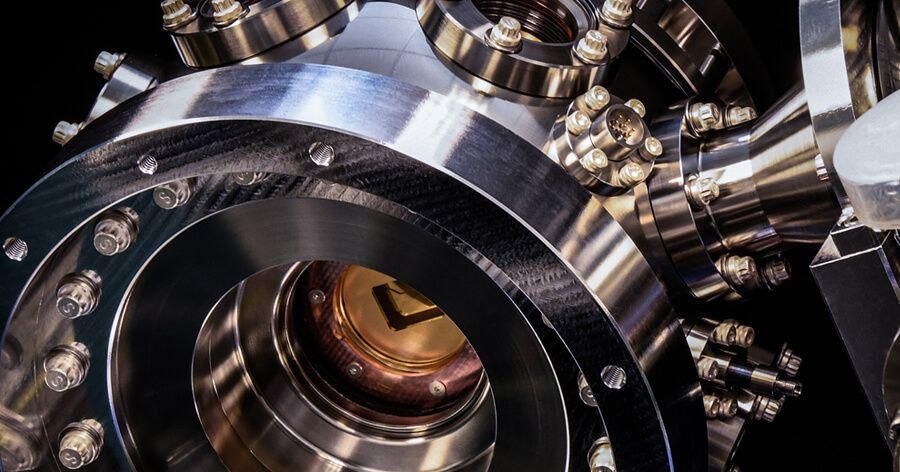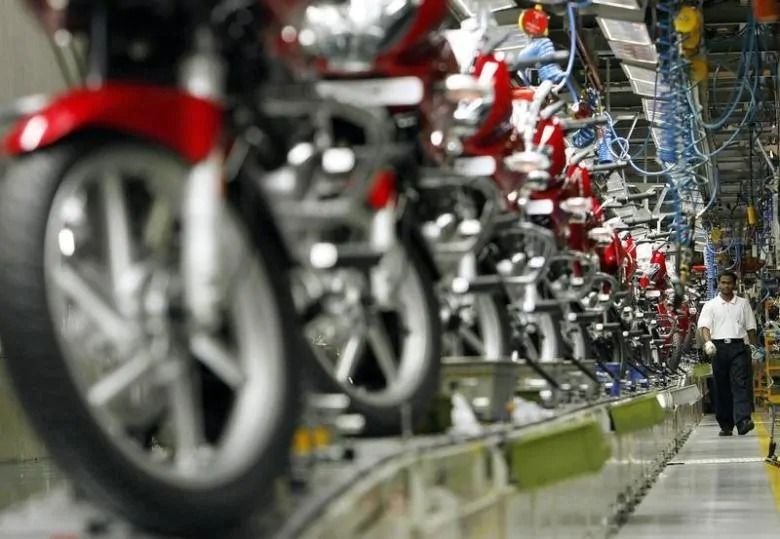#SpaceFun
#SpaceExploration

The assessment from U.S. intelligence contradicts China’s timeline of the bloody skirmish in the contested border region last week.

Honeywell has been working toward this goal for the past decade when it began developing the technology to produce cryogenics and laser tools. In the past five years, the company assembled a team of more than 100 technologists entirely dedicated to building the machine, and in March, Honeywell announced it would be within three months — a goal it was able to meet even as the Covid-19 turned its workforce upside down and forced some employees to work remotely. “We had to completely redesign how we work in the facilities, had to limit who was coming on the site, and put in place physical barriers,” says Tony Uttley, president of Honeywell Quantum Solutions. “All of that happened at the same time we were planning on being on this race.”
The conglomerate said its machine had reached a Quantum Volume of 64, twice as powerful as IBM’s machine.

A couple of WhatsApp group that I am a part of should be renamed the China Problem group. Ninety percent of discussions is on how China hijacked the world economy, how they do not deserve to do so, how all politicians have let us down, how they are stealing all intellectual property and how we are doomed if we do not stop downloading Tiktok.
All true. And no, this article is not about disagreeing with this narrative. This article is not about the fact that an average Chinese student in the US beats the hell of all other students (including Indians) in terms of hours she works and the only disadvantage she has is that her English is not good enough, but she is getting there.
No, this article is not about the fact that the people of China worked their butts off while Italians holidayed and French wanted a four-day workweek. No, this article is not about the fact that one cannot hire a decent machinist or a forger in India because all of them are sitting in call centres answering questions from technically-challenged Americans. Of course, I agree and support the view that China and its people do not deserve the place they have reached (I don’t want to be trolled). After all, they are intellectual property (IP) thieves and do not take four-week holidays. They should be punished.


Dolphins used in “swim with dolphins” programs endure misery. But these innovators are throwing exploited dolphins a lifeline—a robotic dolphin counterpart.


One of the world’s greatest anti-aging scientists continues his groundbreaking efforts. In the photo next to Dr David Sinclair, there is a fella who kind of looks like my friend, Dr Yuancheng Ryan Lu. Is that you? (Dr Lu has confirmed that he is indeed the scientist on the right. Dr Sinclair is on the left.)
I can’t wait to see what they develop next!
Harvard scientist David Sinclair is one of Longevity’s big hitters. Just a year after raising $50M in Series B financing, his company Life Biosciences LLC is looking for $100M to progress its anti-aging research [1].
Longevity. Technology: Life Biosciences had an original Series B goal of $25M; it doubled it. As NAD continues to embed in the anti-aging supplement marketplace, the company is looking to expand, with a range of subsidiaries under its Longevity umbrella. Although the company isn’t spilling any secrets on its proposed clinical trials, we will be sure to keep a close eye on progress.
Life Biosciences, valued last year at approximately $500M, is built on Sinclair’s experience as co-Director of the Paul F Glenn Center for the Biology of Aging at Harvard Medical School, as a genetics professor at Harvard University and on previously-founded companies Arc Bio, Genocea and Ovascience.